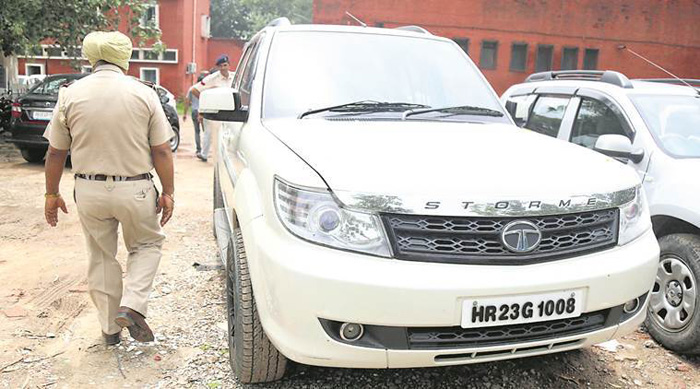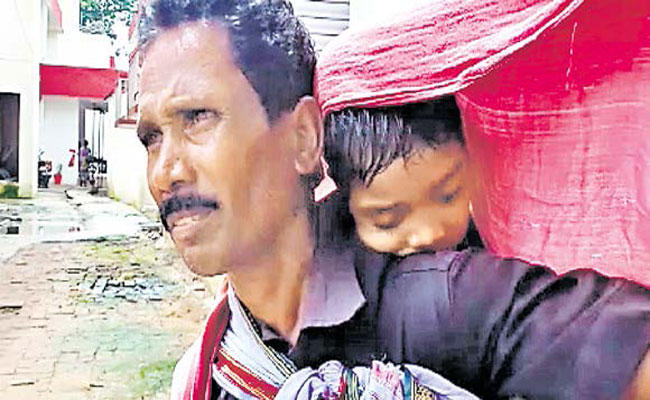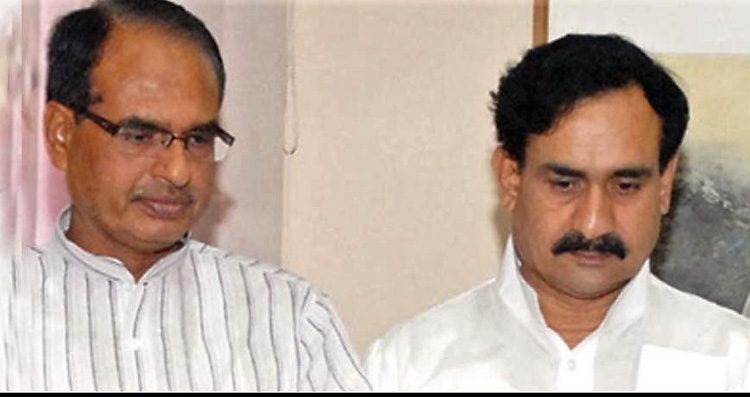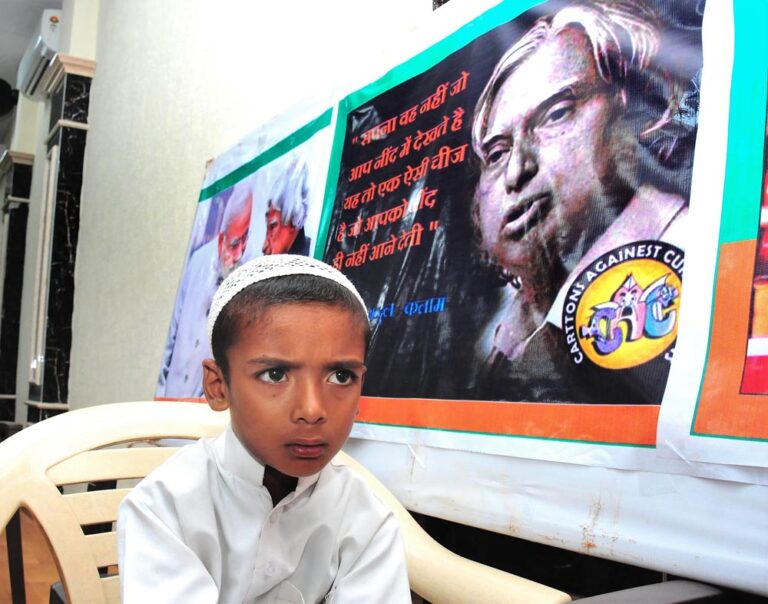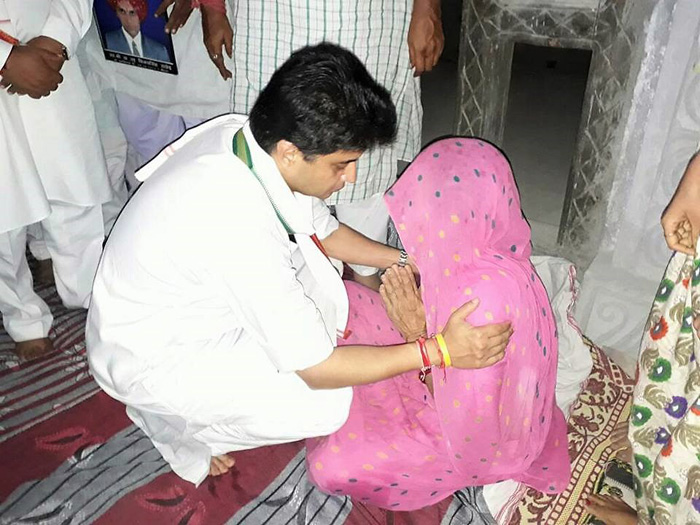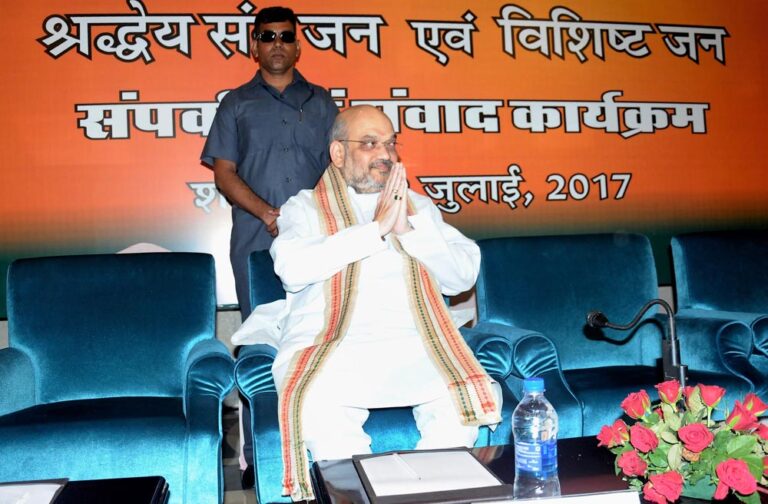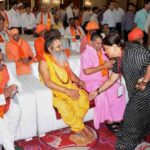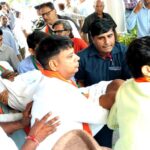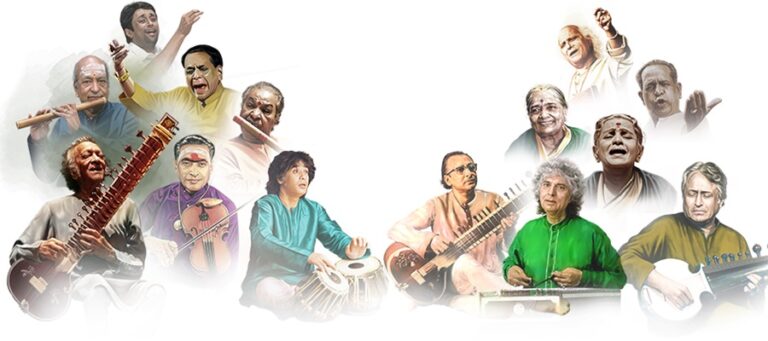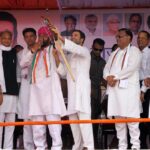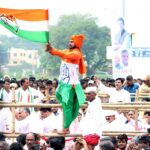The Chandigarh stalking incident has once again focussed attention on the working of the police which is still governed by a law enacted by the British more than 156 years ago. The daring of the victim and her family background (her father being an IAS officer) have made the incident a talking point all over the country, forcing the police to give up their intention to dismiss it as a minor incident. The policeman brutalities on innocent citizens and policemen’s misbehaviour with women is a common occurrence in the country and is not always reported by the media. The harassment of a young, unmarried girl and her family members by policeman in a tribal district of Madhya Pradesh had made a MP High Court judge describe the police as ‘criminals in uniform’.
In Chandigarh, the 29-year-old woman was going in her car when two persons in a car blocked her way, banged on her windows and even tried to force the door open. Finally, a police patrol team came, responding to her SOS. She duly lodged a complaint of attempt to abduct her with the criminal intentions. One of the accused happened to be Vikas Barala, son of Haryana BJP president’s son.
As the son of a high profile ruling party leader was involved, the police diluted the charges with the result that Barala and his friend were granted bail within hours whereas the attempt to abduct is a more serious crime. The police also said that the CCTV cameras on the route were not functioning. That was till the victim, Varnika Kundu, created a ruckus. Following this, the police promptly ‘retrieved’ the CCTV cameras and even confirmed Varnika’s version of the incident.
Talks of reforming the police and making the force accountable to the society have been going on at various levels for decades but no one has made an honest attempt in this respect. The British rulers had enacted the Police Act of 1861 after the mutiny of 1857 to establish a police force which could be used to consolidate and perpetuate their rule in this country, by terrorising, oppressing and suppressing the natives if necessary. The tragedy was that the British, when they left the country, handed over the power not to the people of this country but to a bunch of politicians who soon saw the advantage of keeping the British-constituted police force intact for their own use. Little wonder that the Police Act of 1861 must be the only one, out of thousands of acts inherited by us from the colonial regime, which has not been amended even once so far.
The Congress was in power at the Centre and in the States most of the time after independence. That may be the reason why the Congress leaders scarcely felt the need for changing the Police Act. Opposition leaders occasionally raised their voice against the continuation of the Act, Ram Manohar Lohia being the most vocal of them. But the voice of the Opposition was much too feeble to make the ruling party to take notice.
In the 1980s, BJP president Lal Krishna Advani scarcely opened his mouth without demanding repeal or amendment of the Police Act of 1861. When he became Deputy Prime Minister and Home Minister in the Atal Behari Vajpayee government, this hypocrite not only did not remember his oft-repeated demand but used the police force like the British had used it. Of all the persons, even Congress Chief Minister of Madhya Pradesh Digvijaya Singh had started harping on the need to change the Police Act of 1861, but only when he had foreseen the rout of Congress at the close of his second term. He had himself used the police arbitrarily against his opponents. Narration of macabre rape of a hapless tribal woman or a grisly murder of a poor farmer never appeared to affect Digvijaya Singh who continued to smile or indulge in frolics, as those attending the Assembly sessions had observed all those years. Criticism of the working of the police-had, however, been a different matter. The former raja of Raghogarh would promptly be on his feet urging the Speaker to expunge the remarks against the police. The chemistry of his complexion would change as he tried to defend the policeman.
The BJP’s Sunderlal Patwa made the same nefarious use of the police as his Congressi successor did later. Four persons were arrested by the Indore police for possessing heroin in 1991. The case against them was registered under the Narcotic Drugs and Psychotropic Substances Act (NDPSA), which makes the offence non-bailable. As it came to be known that one of the arrested persons was Ehsan, younger brother of Patwa’s smuggler-friend Mohd Shafi, the police tore ten pages of the Roznamcha and made fresh entries about the case in order to enable the four criminals to get bail. Patwa, instead of booking the police officers under Section 204 IPC, patted them on the back.


